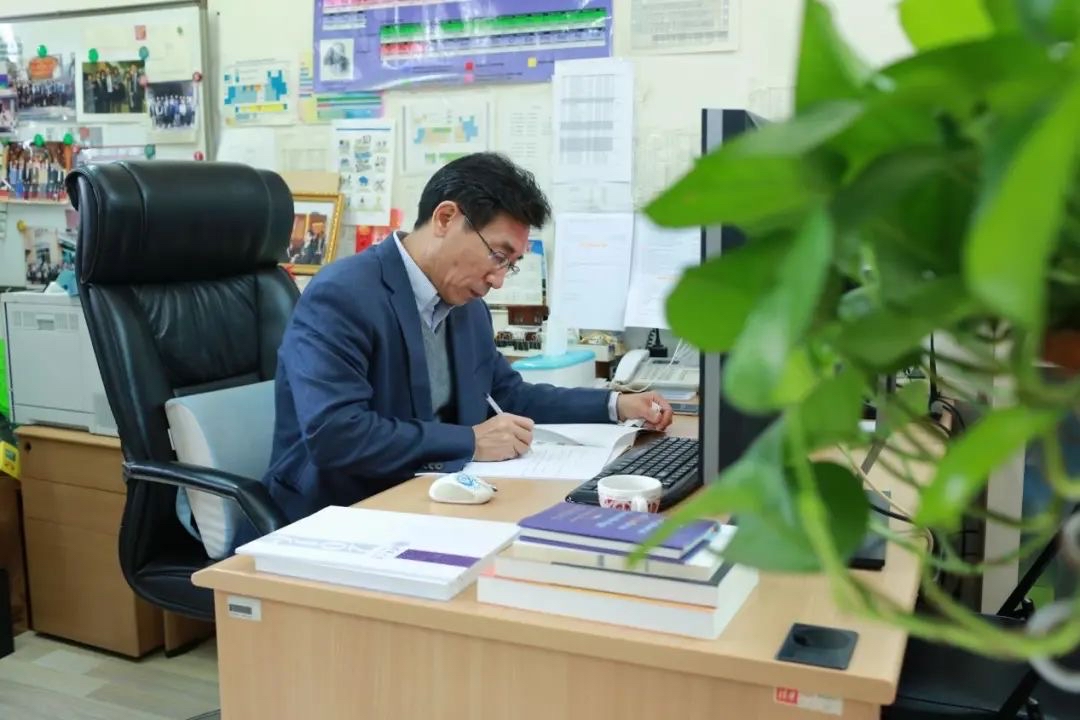Quantum Tech: China's Scientific Pride

Chinese physicist Xue Qikun was awarded the 2024 Oliver E. Buckley Prize by the American Physical Society on October 24. This marks the first time a Chinese scientist has won the top prize in condensed matter physics since the award was founded in 1953.
Xue received the award for his research on topological insulators and innovative breakthroughs in experimentally discovering the quantum anomalous Hall effect (QAHE) in a magnetic topological insulator.
This significant achievement and a series of breakthroughs Chinese scientists made in recent years in the quantum field, show that the country's quantum technology ranks among the best in the world.
Catching up, qubit by qubit
Quantum computing is based on the principles of quantum mechanics and qubits. In September 2019, Google launched a 53 qubit computer called Sycamore, which took only 200 seconds to calculate a mathematical algorithm. At that time the world's fastest supercomputer Summit took two days to do the same task, and the U.S. took the lead in achieving "quantum supremacy."
A year later, China successfully developed the 76-photon quantum computing prototype "Jiuzhang," which solved the mathematical algorithm Gaussian Boson sampling in just 200 seconds, compared to 600 million years for the world's fastest supercomputer at the time. This made China the second country in the world to achieve "quantum supremacy."
Now, Jiuzhang 3.0 is able to solve a Gaussian Boson sampling problem ten quadrillion times faster than Frontier, the world's current most powerful supercomputer.
"If you look at the West — the U.S., Europe — there haven't been a lot of people talking about repeating [Google's 2019] experiment," John Martinis, a former Google researcher who led the team to build Sycamore, told Scientific American, adding "I admire, in China, that they want to do this seriously."
"In the three major fields of quantum, we are among the top in all aspects. China's quantum computing ability used to be relatively backward, but now it has caught up," Guo Guangcan, academician of the Chinese Academy of Sciences (CAS) told Xinhua.
Quantum tech leader
From "Jiuzhang" to "Jiuzhang 3.0," and from "Zuchongzhi" to "Zuchongzhi 2," China's quantum technology is gaining momentum.
The rapid development of China's quantum research benifits from government support. Pan Jianwei, an academician at CAS, attributed the surge in quantum research to China's institutional advantage of "uniting resources on big things."
Pan took the China-developed quantum satellite Micius as an example. Every component of the satellite has come from the effort of various scientific research institutes such as the Shanghai Institute of Technical Physics CAS, Innovation Academy of Microsatellites of CAS, and National Astronomical Observatories, CAS.
"Different organizations have provided us with the basic components we need, giving us a solid engineering foundation for our innovative ideas. Some of my colleagues abroad have had similar scientific ideas, but no country has fully supported them like our country," said Pan.
"These achievements have benefited from the continuous growth of the national scientific and technological strength and the long-term profound accumulation of basic scientific research since China's reform and opening up. Therefore, the honor belongs not only to each researcher of the team, but also to the country," Xue Qikun told a media on October 25.
Challenges ahead
Although China is a leading country in quantum technology, it is still facing challenges, such as a lack of more talent in this field.
In 2021, the word "quantum information" first appeared in the "14th Five-Year Plan" and the "Government Work Report." However, this year, the Ministry of Education has officially included quantum information science in undergraduate education, to speed up the training of
experts in the quantum field. This will assist more and more young researchers to flow in to the quantum field and contribute to the industry.
Quantum computing is a tough subject, and the current research is still at the early stages of quantum technology, which is still full of challenges in obtaining a breakthrough of basic physics. "The global race for quantum computing is essentially more like a marathon, with a long road ahead," USTC's Professor Guo Guoping told People's Daily.






